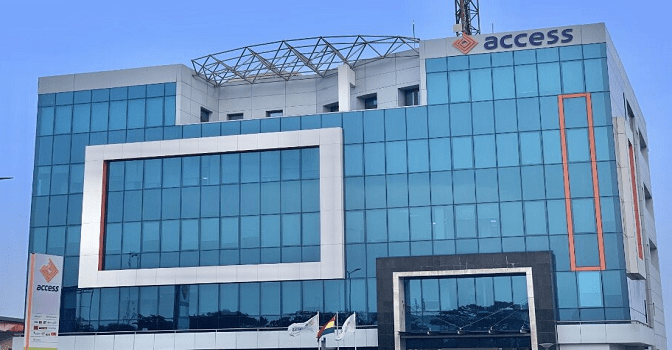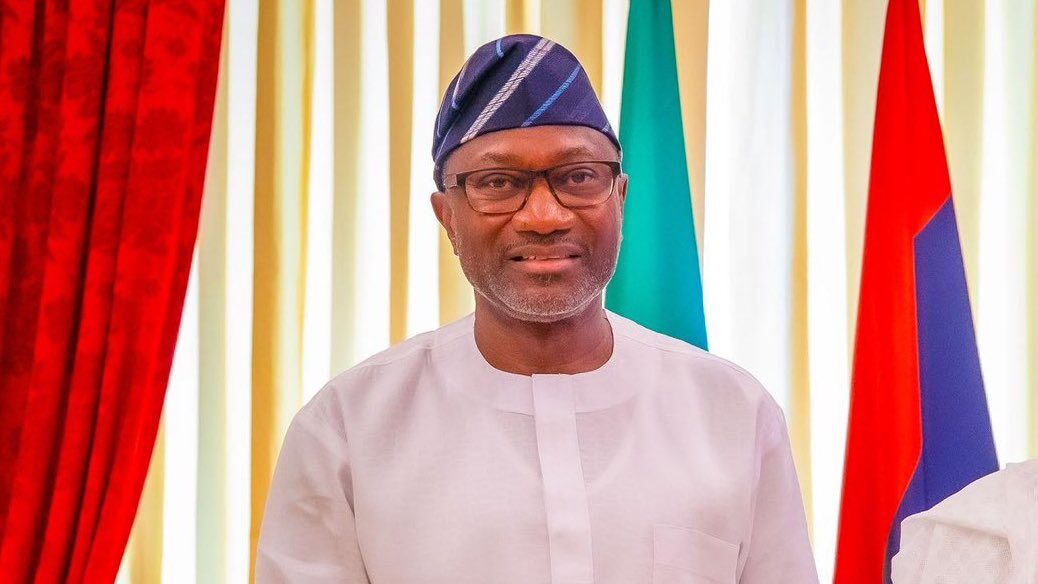
By Patrick Biddah
As the world marked World Diabetes Day 2025 under the theme, “Diabetes and Wellbeing,” the National Diabetes Association of Ghana has sounded an urgent call for collective national action to confront what it describes as a “silent, yet ferocious epidemic” sweeping across the country.
Speaking at the launch of this year’s commemoration in Accra, Mrs. Elizabeth Esi Denyoh, President of the Association and Chairperson for IDF Africa, said diabetes has become not only a public health issue but also a social and economic crisis threatening the wellbeing of thousands of Ghanaians.
“Behind every statistic is a human story,” Mrs. Denyoh noted.
“It is the father in Kumasi who loses his livelihood to amputation, the market woman in Makola struggling with blurred vision and the teenager in Ho afraid to inject insulin at school. These are not numbers , they are lives, families and futures at stake.”
Recent data from the International Diabetes Federation (IDF) Atlas shows a steady increase in diabetes prevalence in Ghana, with a growing number of undiagnosed cases.
Mrs. Denyoh therefore warned that unless decisive measures are taken, the cost of diabetes complications such as kidney failure, stroke, heart disease, and blindness will cripple families and strain the national healthcare system.
She emphasized that the 2025 theme, “Diabetes and Wellbeing,” calls for a paradigm shift , from merely managing blood sugar levels to ensuring the holistic health of people living with diabetes.
This includes addressing physical, mental, nutritional, and social wellbeing.
Among the key challenges highlighted were the high cost and inconsistent availability of insulin and diabetes medications, limited access to regular screening and complication prevention and the lack of mental health support for people living with diabetes.
Many patients, she said, suffer in silence from depression and burnout as they struggle with the daily demands of managing the condition.
Mrs. Denyoh also called for a national re-education on healthy eating, urging Ghanaians to return to traditional diets prepared in healthier ways and to avoid ultra-processed foods that contribute to rising obesity and diabetes rates.
On the social and economic front, she appealed to corporate Ghana to adopt non-discriminatory workplace policies and integrate employee wellness into their operations.
She also urged government to strengthen the National Health Insurance Scheme (NHIS) to fully cover diabetes diagnostics, medication and supplies.
“The erratic cost and availability of insulin remain a national disgrace,” she said.
“No Ghanaian should have to choose between feeding their family and buying life-saving medication.”
Mrs. Denyoh further called on government to declare diabetes a national health priority, fully implement the National Diabetes Policy and Strategy and enforce measures such as a sugar-sweetened beverages tax to discourage unhealthy consumption patterns.
She urged citizens to take personal responsibility by checking their blood sugar levels regularly, eating more fruits and vegetables and engaging in daily physical activity.
Families, she added, must offer support and understanding rather than stigma to their loved ones living with diabetes.
The post Elizabeth Denyoh urges holistic approach to diabetes care in Ghana appeared first on The Herald ghana.





